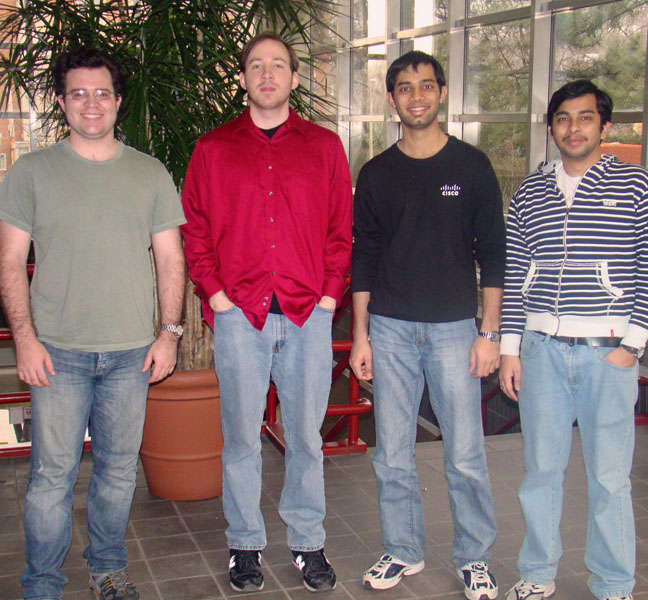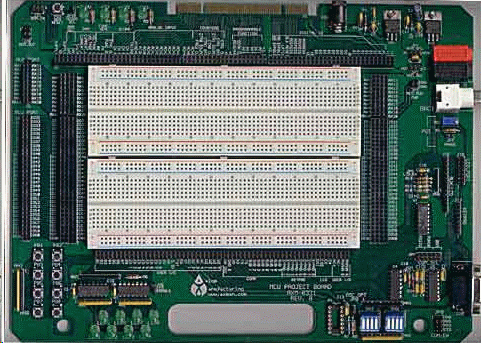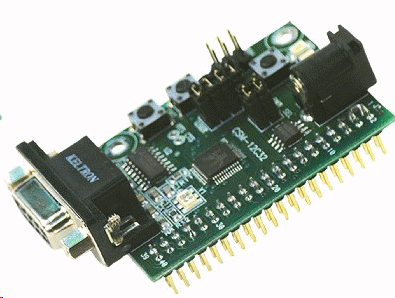

This product will allow shipping companies to protect their entire load in a more cost effective and efficient way than current technologies. We will achieve this goal by utilizing a number of benchmarks to determine the most effective set of tools and locations within the truck to achieve this goal as well as a number of previously unexplored avenues such as hiding embeded systems within pre-existing parts of the truck such as their padlocks.
The two primary realitors of truck seceurity are LoJack systems and GPS system and Cell Phone Triangulation systems. LoJack is overpriced for todays market environment, and the GPS/Cell Phone systems inside the shipping container only returned about 12% and 20% of the desired level of information. With our system we will have a robust and ideally redundant system that will be cost effective enough to employ on a large scale.
TECHNICAL SPECIFICATIONS
Hardware:


The goal that our sponsor has given us is as follows
USE CASES (INTERACTION DIAGRAMS)
See Experimental Evaluation
The final product is put into a package and shipped along with the rest of the packages. Using Serial and SMS we communicate our possition to a central hub that tracks our progress.
See Experimental Evaluation
We have already started our experimental evaluation of our system. Our initial tests were preformed on a trip from Pittsburgh to New York on the 7th and back on the 13th. The data from these tests is included below. We ran with the device inside of an aluminum reinforced cardboard box with a wooden top. Data was collected manually via a script. Our goal now is to test the fidelity system with more robust tests inclusing by the meter error testing of GPS location reliability.
We learned that even if a product is already on the market the potential to improve upon initial designs and create something that works in a larger number of more rubust cases is possible. They key things are to buy the right components and use a solid code-hardware mentality towards our work.
Below are a list of pictures relating to our current implimentation of our system (All images are of a high quality)